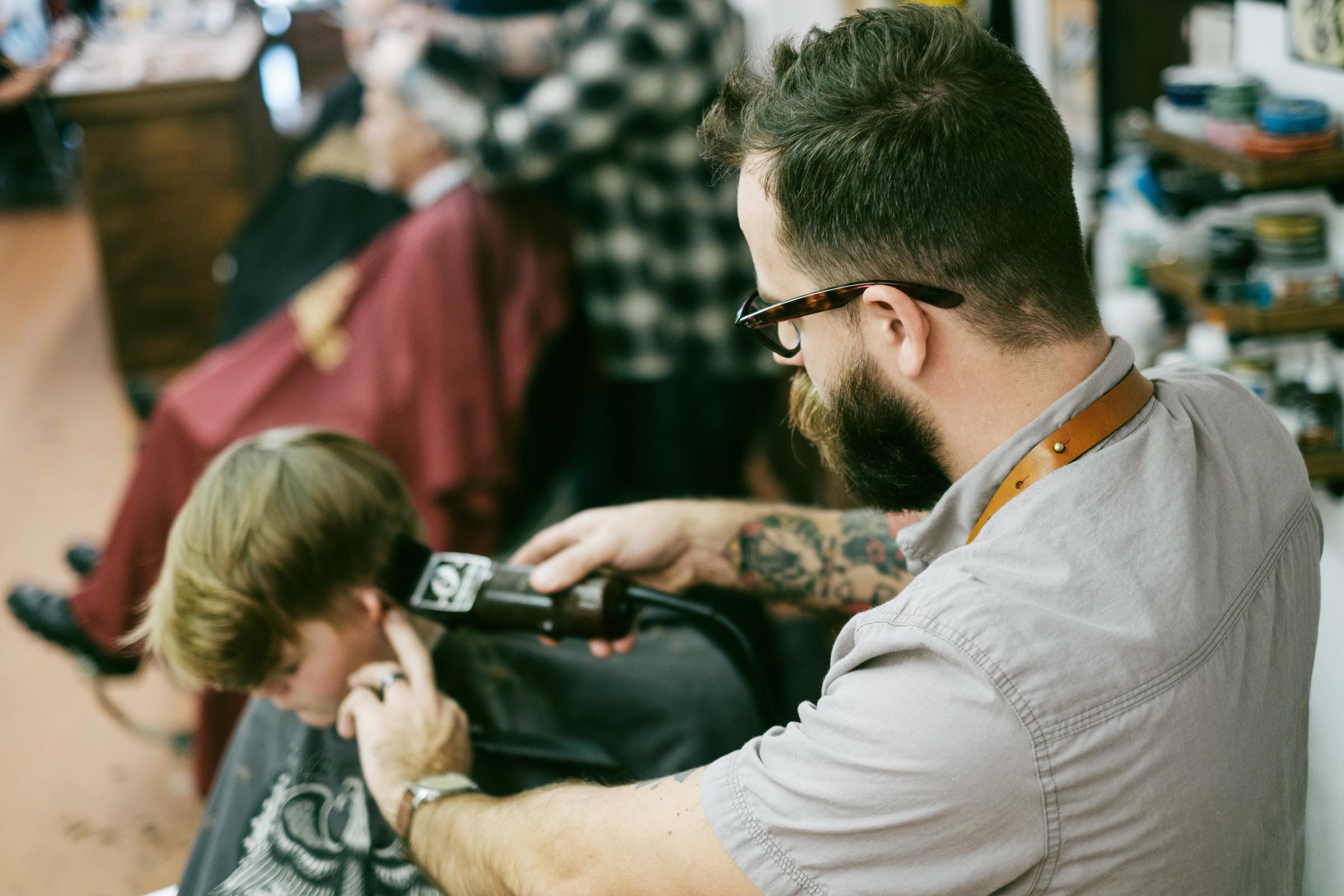Creative Industries
What is it?
Creative industries are those that use individual creativity, skills and talent.
They are the fastest growing part of the UK economy, accounting for 1 in 11 jobs in the UK and contribute more to the UK economy than automotive, life sciences, aerospace, oil and gas combined.
The sector comprises:
Crafts
Music, Performance and Visual Arts
Animation and Virtual Effects (VFX)
See some examples of roles and earning potential in the creative sector here.
Because of the importance of individual creativity, skills and talent, it is estimated that over 85% of creative jobs are at low or no risk of automation.
The creative sector is growing, with a high demand for people with the right skills, qualifications, training and attitudes.
Creative Industry Occupations
The number of creative businesses based in Central Bedfordshire was 1,970 in 2018. This was 340 more than in 2014.
Some 96.7% of businesses in the sector have fewer than 9 employees and are therefore “micro businesses”.
Business Size (Employees) - Proportion
The largest growth in business numbers between 2014 to 2018 has been in:
Computer programming, consultancy & related activities - +265
Architectural & engineering activities & related technical consultancy - +30
Motion picture, video and television programme activities - +15
Specialised design activities - +10
Prospects for the future
Over 202,000 people are employed in the creative industries sector in East of England and East Midlands and this number increased by over 23,600 from 2012 to 2017.
The top 10 creative industries occupations with the largest growth, 2012 to 2017 have been:
Creativity is likely to be even more important in the future job market.
Jobs asking for creativity are more likely to grow as a percentage of the workforce in the future. The human creative element is automation proof, i.e. only we can do it!
Employers don’t just value creativity alone: they need other skills, competencies, attitudes and behaviours as well.
Communication
Initiative
Digital literacy
Independence
Reliability
Problem solving
Organisation
Work ethic
Reflective
Politeness
Resilience
Teamwork
Curiosity
Honesty
Humility
Creative industries occupations do not have a monopoly on creativity!
Other occupations seeking creative people include Bakers, Chefs, Florists, Hairdressers and Barbers.
Jobs having a lot in common with Creative Occupations include engineers, manufacturing and business development roles.
Find out more about what career opportunities and earning potential the creative sector can provide at Prospects.
How do I get there?
Pathways
There are many pathways into a career in the creative industries sector including the traditional academic routes.
Apprenticeships - a real job, a nationally recognised qualification with a mix of learning in the workplace and formal training by a training provider, further education college or university. There are a range of levels for apprenticeships from intermediate to degree. Find out more here and to search for and become an apprentice, start here.
Traineeship - Traineeships are designed help young people who want to get an apprenticeship or job but don’t yet have appropriate skills or experience. More information can be found here.
Vocational/Technical - Further Education
Higher Education
University of Bedford
University of Northampton
The Open University
What else do I need?
Qualifications on their own will not be sufficient to secure a job. Employers also look for:
Basic skills - maths and English
Key employability skills - those specific to a job, technical/practical skills and customer service
Experience - gain some work experience whilst in education, this may include volunteering
Have a look at Life Skills and Industrial Cadets to prepare you for making the first step into a career.























